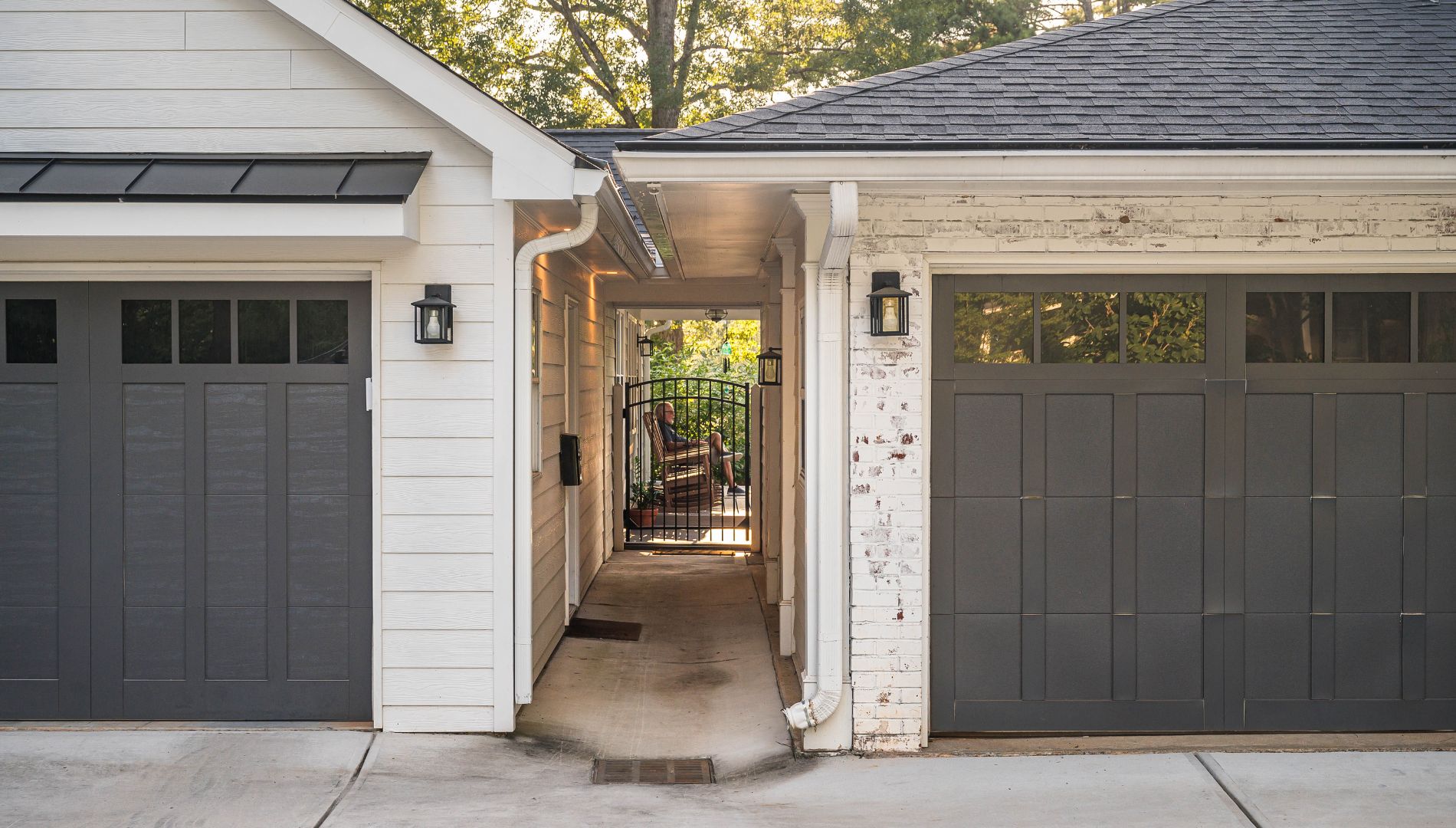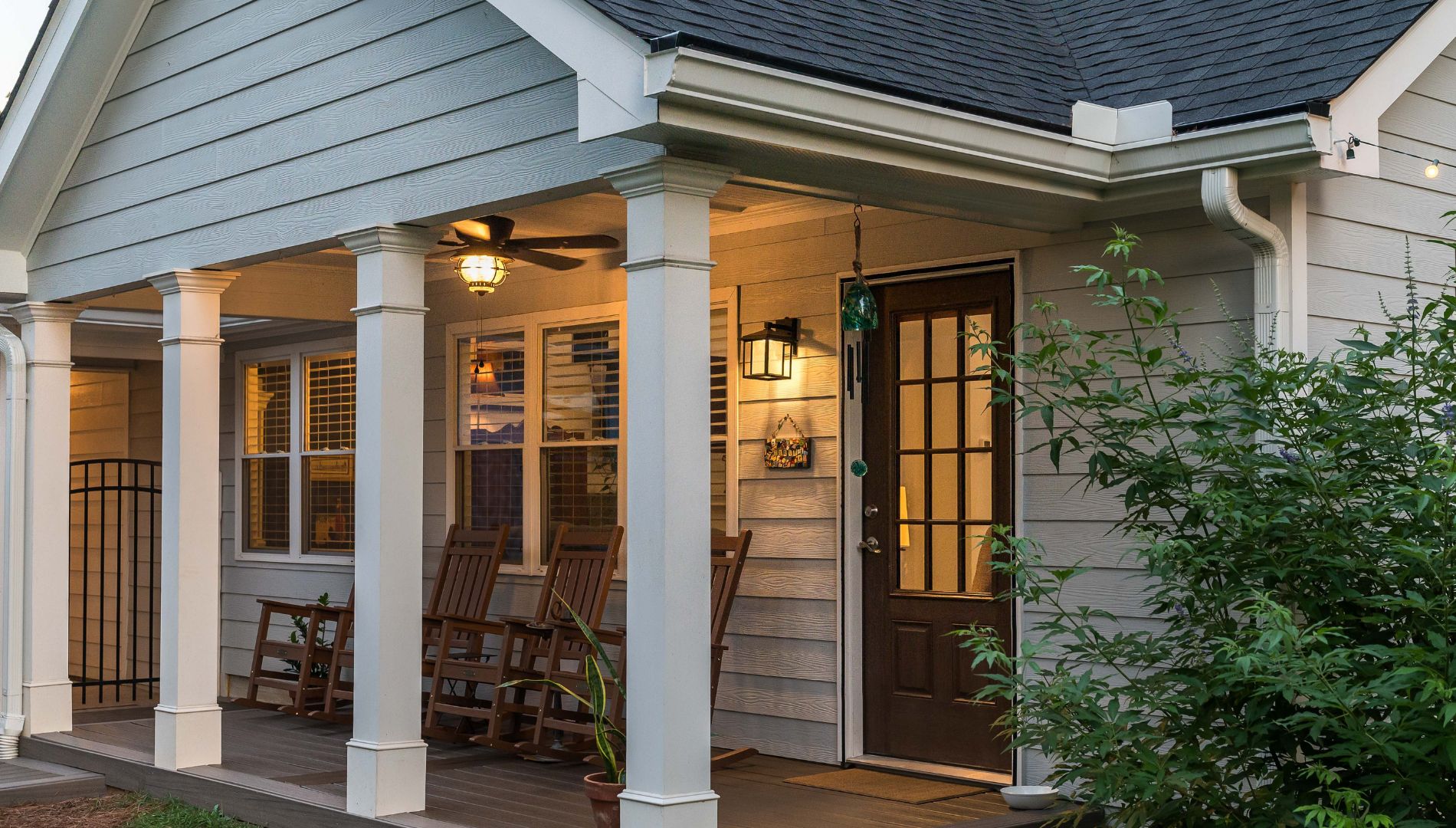Why Building an ADU in Georgia Makes Sense
Welcome to our series on building an ADU in Georgia! Over the next few weeks, we’ll dive into everything you need to know about adding this versatile home feature to your property. Whether you’re aiming to boost your property’s value, generate rental income, or accommodate extended family, building an ADU in Georgia could be the perfect solution. Today, we start with the basics—what exactly is an ADU, and how does it compare to other options like in-law suites, granny flats, and guest houses?
What Is an ADU?
A Versatile Living Space
An Accessory Dwelling Unit (ADU), also known as a granny flat, guest house, or secondary suite, is a self-contained living space that is either attached to or detached from your primary residence. It includes its own kitchen, bathroom, and living area. An ADU includes its own kitchen, bathroom, and living space, making it an ideal choice for providing additional living space on your property. Building an ADU in Georgia offers a fantastic way to add value, whether for rental income, guest accommodation, or multi-generational living.
The Benefits of Adding an ADU
ADUs Offer Multiple Advantages
Here’s why building an ADU in Georgia can be so beneficial:
- Rental Income: An ADU can provide a steady stream of rental income, helping to offset your mortgage or other property expenses.
- Flexible Living Space: Use your ADU for guests, family members, or even as a home office—its versatility is a major plus.
- Increased Property Value: Adding an ADU can enhance your property’s market value, making it more attractive to potential buyers.

Relaxing in style: A man enjoys the outdoor living space of this charming compact ADU, complete with a stylish facade and cozy rocking chair.
How ADUs Differ from In-Law Suites
Understanding the Differences
ADUs and in-law suites both add valuable living space, but they serve different functions and have unique features:
- ADUs: Designed to be fully independent, ADUs are often detached from the main home or have a separate entrance if attached. They come with their own kitchen, bathroom, and living area, functioning as a standalone unit. This setup is ideal for rental purposes or as a private space for guests or family members.
- In-Law Suites: Typically connected to the main residence, in-law suites offer privacy while remaining part of the existing structure. They are often used for multi-generational living, where family members stay close but still have their own space. In-law suites may not have a separate entrance and are integrated into the primary home.
Choosing Between an ADU and an In-Law Suite
Which Option Fits Your Needs?
When deciding whether to build an ADU or an in-law suite, consider your needs:
- ADUs: They provide greater independence and are better suited for rental opportunities or fully autonomous living spaces.
- In-Law Suites: Ideal for family members who need privacy but prefer to stay connected to the main household.
Why Building an ADU in Georgia Makes Sense
Flexibility and Functionality
Building an ADU in Georgia offers exceptional flexibility. Whether you need a rental unit, a private guest house, or extra space for extended family, an ADU adapts to your needs. It’s a practical solution that grows with your requirements.
Enhancing Property Value
Adding an ADU can significantly boost your property’s value. Many Georgia homeowners have seen substantial returns on investment from these additions. Properties with ADUs often sell faster and at higher prices, making them a smart choice for those looking to increase their property’s appeal.
What’s Next?
That wraps up our introduction to building an ADU in Georgia! Now that you have a solid understanding of ADUs and how they differ from in-law suites, stay tuned for our next post. We’ll explore the different types of ADUs and how to choose the best option for your property. Ready to start planning your ADU? Contact us for expert guidance and support.
